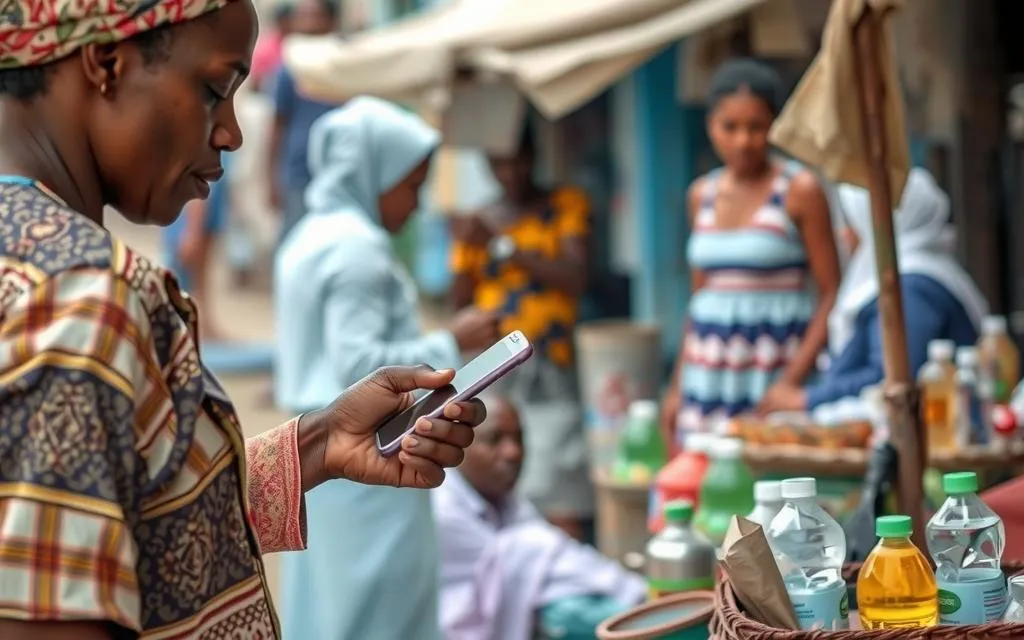Africa is experiencing a seismic shift in its financial landscape with the rise of e-wallets. This digital payment innovation is making strides in bridging the financial inclusion gap, offering a lifeline to millions who lack access to traditional banking services. As mobile payment systems take center stage, Africa is on the cusp of a financial revolution.
Mobile Payment Boom: Africa's Financial Game Changer
Mobile phones have become instrumental in Africa's digital economy. In sub-Saharan Africa, mobile phone penetration is projected to hit 50% by 2025. This surge is fueling the mobile payment sector, which saw transactions skyrocket to $832 billion in 2022, nearly 70% of the global mobile money volume. Companies like Dalapay are pivotal, delivering mobile money services for both online and in-store transactions, effectively merging digital financial services with daily consumer needs.
Why E-Wallets are Taking Over Africa
Several driving forces behind the e-wallet explosion in Africa are changing the financial game:
Economic Growth and Demographics: Africa's young, dynamic population and expanding middle class are ripe for digital innovation. As urbanization and economic growth continue, the demand for more efficient financial services is surging.
Tech Innovations: Fintech companies and investments in broadband and POS systems are crucial in this digital shift. This tech ecosystem enables seamless, secure transactions essential for e-wallet adoption.
From Cash to Digital: The move from cash is evident with the popularity of digital wallets. Services like Dalapay's make the transition simple, requiring minimal documentation and making financial services accessible to the unbanked and underbanked.
Transforming Financial Access
E-wallets are making a significant impact on financial inclusion by simplifying transactions and opening the door to millions previously excluded from banking systems. In countries like Nigeria, Kenya, and Ghana, mobile money and e-wallets empower individuals and small businesses to engage fully in the economy.
Beyond transactions, e-wallets offer bill payments, remittances, and access to credit and savings. These services are crucial for economic participation and empowerment, especially in remote areas.
Overcoming Hurdles and Future Trends
E-wallet adoption in Africa is not without its challenges. Regulatory issues and infrastructure gaps persist. Nonetheless, partnerships between fintechs, telecom operators, and governments show promise in addressing these barriers.
Looking ahead, trends like QR codes, super apps, and embedded finance services will shape Africa's digital payment future. Cross-border payments hold vast potential, with remittances to sub-Saharan Africa alone reaching over $56 billion in 2023.
Final Thoughts
E-wallets are more than just a tech trend; they're a powerhouse for socioeconomic change in Africa. By boosting financial inclusion, they're allowing millions to access crucial financial services and partake in the global economy. As digital payments continue to evolve, e-wallets promise a brighter, more inclusive future for Africa.
What's Your Take? What excites you most about the rise of e-wallets? How do you think this will impact your community? Join the conversation and share your thoughts!

